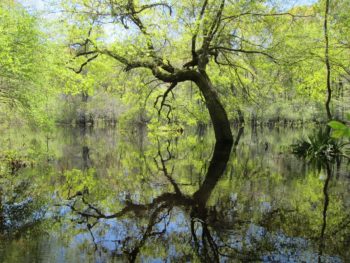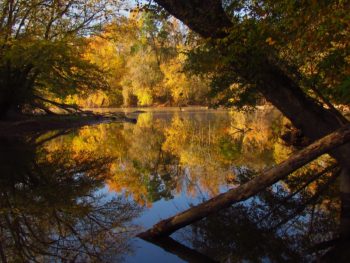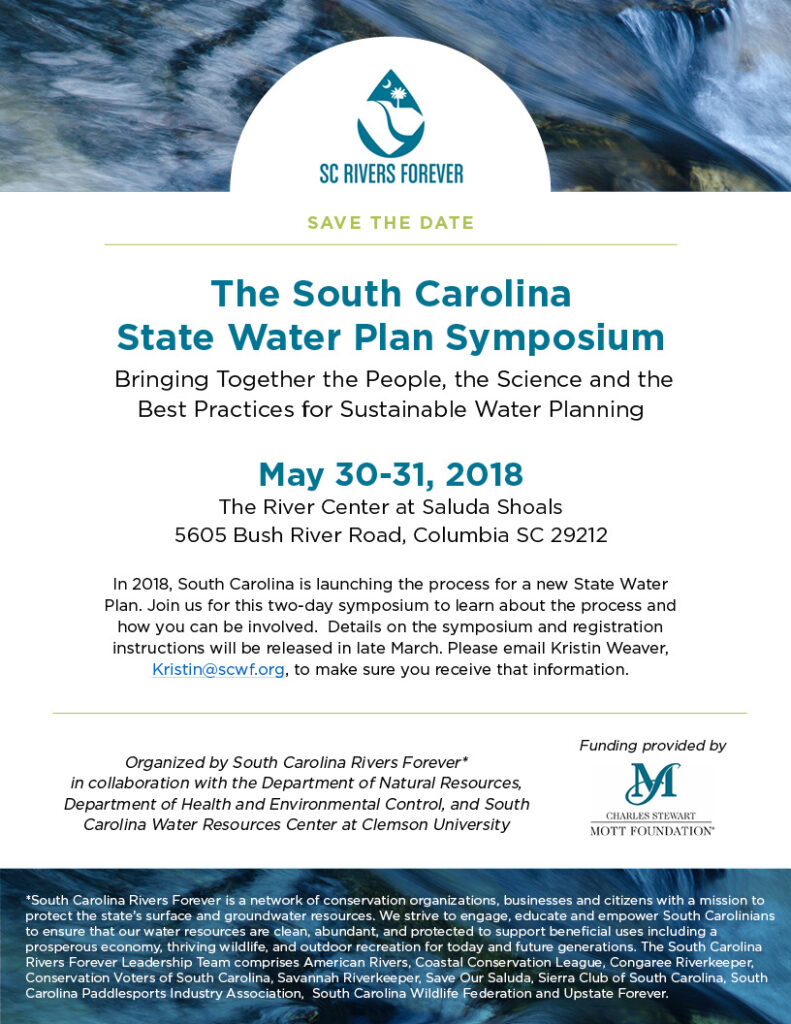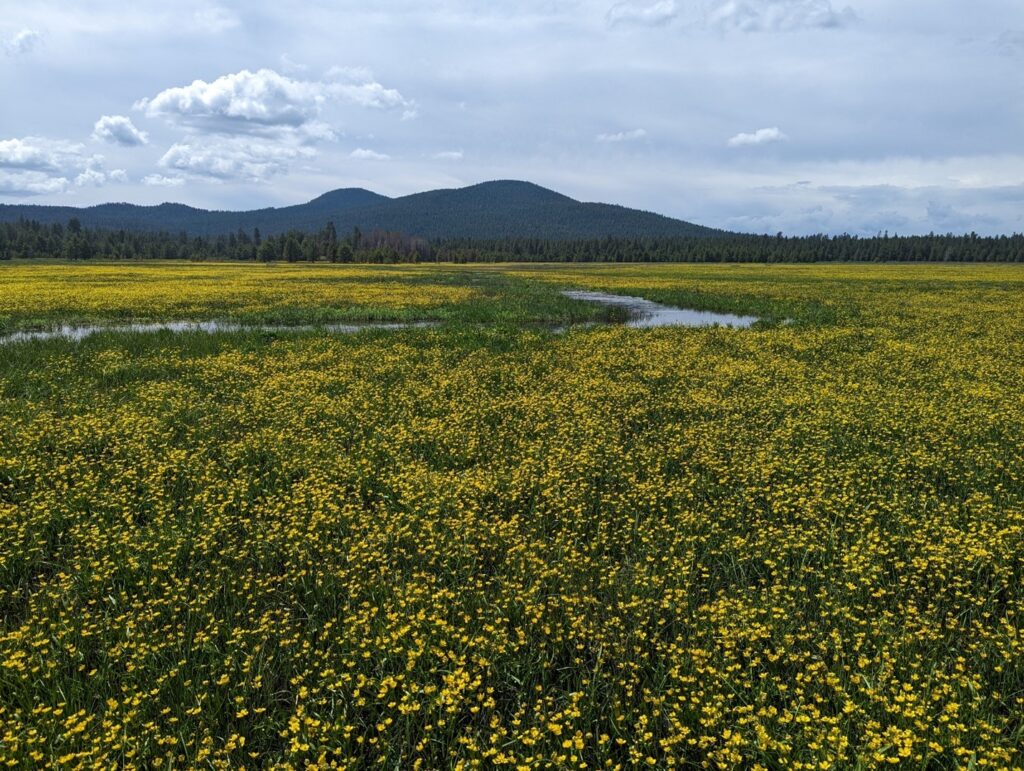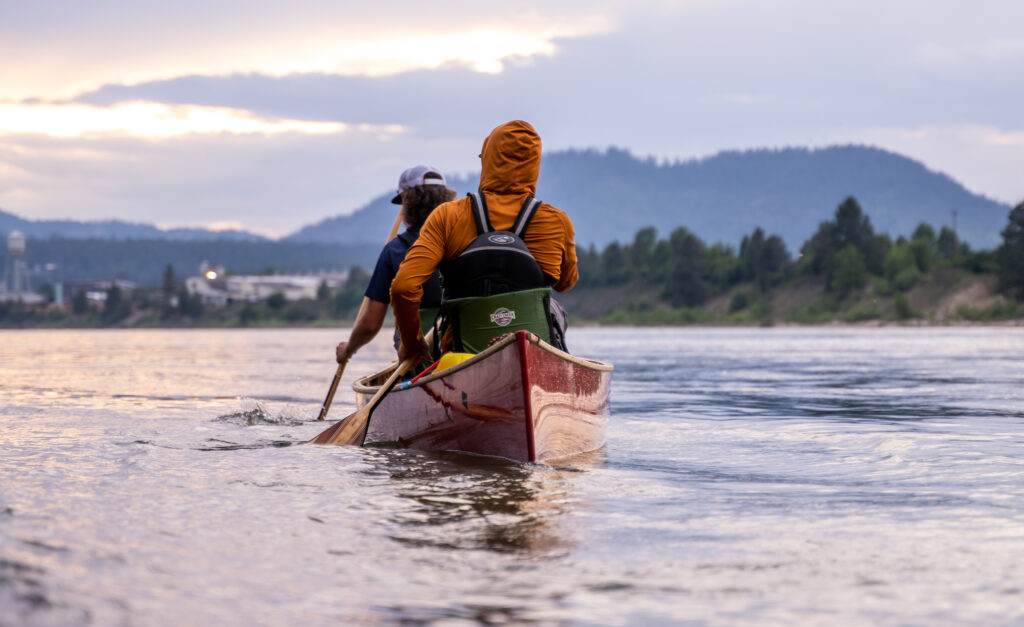How can South Carolina Plan for Healthy Rivers and a Sustainable Future?
During 2018, South Carolina will embark on completing the second and final phase for a new State Water Plan, a comprehensive water resources policy for the State.
South Carolina last updated its State Water Plan fourteen years ago. Since that time the state has grown by more than 15% adding some 750,000 people, endured its most severe drought during 2008-2009, passed a water withdrawal law that for the first time created regulations for water withdrawals from rivers and other surface waters, and witnessed controversy regarding the amount of water being taken from river and groundwater sources.
During 2018, South Carolina will embark on completing the second and final phase for a new State Water Plan. Authorized by the South Carolina Water Resources Planning and Coordination Act of 1967 as amended, the South Carolina Department of Natural Resources is assigned overall responsibility for developing a comprehensive water resources policy for the State, including coordination of policies and activities among State departments and agencies. The Department of Health and Environmental Control, the state regulatory agency for water issues, will be working closely with the Department of Natural Resources as the new plan is developed.
Last updated in 2004, the Water Plan can include policies and practices to address:
- Water supplies for domestic, municipal, agricultural, and industrial uses
- Facilities and controls for suitable water quality for all purposes
- Water needs for recreational and commercial navigation
- Hydroelectric power operations
- Flood damage control or prevention measures
- Salinity control measures
- Watershed protection and management measures
- Water needs for outdoor recreational and fish and wildlife opportunities
- Water related measures for economic growth and development
- The long-term preservation of water resources, and
- The general well-being of all the people of the State
For the first time the Department of Natural Resources will develop Basin Advisory Councils for each of the state’s eight major river basins – the Broad, Catawba, Edisto, Pee Dee, Salkehatchie, Saluda, Santee, and Savannah. These advisory councils will be tasked with providing local input to the water plan. What are the water management priorities for these regions and what actions need to be taken to ensure they will be met?
Questions that will need to be addressed by the new State Water Plan include:
- What can South Carolina do to ensure it has sustainable water supplies today and for future generations?
- What are sustainable practices that can be implemented for water utilities, agribusinesses, and industrial water users?
- Are their limits on how much groundwater should be pumped?
- What river flows are essential for healthy fish and wildlife, boating, and other outdoor recreational uses?
- How do we balance competing needs?
The culmination of the State Water Plan process, which is expected to take two to three years, is a comprehensive water resources policy for the State that will be submitted to the General Assembly and Governor for approval. It can also include recommendations to the General Assembly for any changes in state law needed to implement the plan.
American Rivers and other members of South Carolina Rivers Forever share a goal of ensuring an open and inclusive state water planning process. We are a network conservation organizations, business, and citizens in the state with a mission to protect the state’s surface and groundwater resources. South Carolina Rivers Forever strives to engage, educate, and empower South Carolinians to ensure that our water resources are clean, abundant, and protected to support beneficial uses including a prosperous economy, thriving wildlife, and outdoor recreation for today and future generations.
On May 30 and 31, 2018, South Carolina Rivers Forever will host the South Carolina State Water Plan Symposium: Bringing Together the People, the Science and the Best Practices for Sustainable Water Planning. Details on the symposium and registration instructions will be released in late March. To ensure you receive this information, please email me at gjobsis@americanrivers.org or Kristin Weaver of the South Carolina Wildlife Federation at Kristin@scwf.org.

